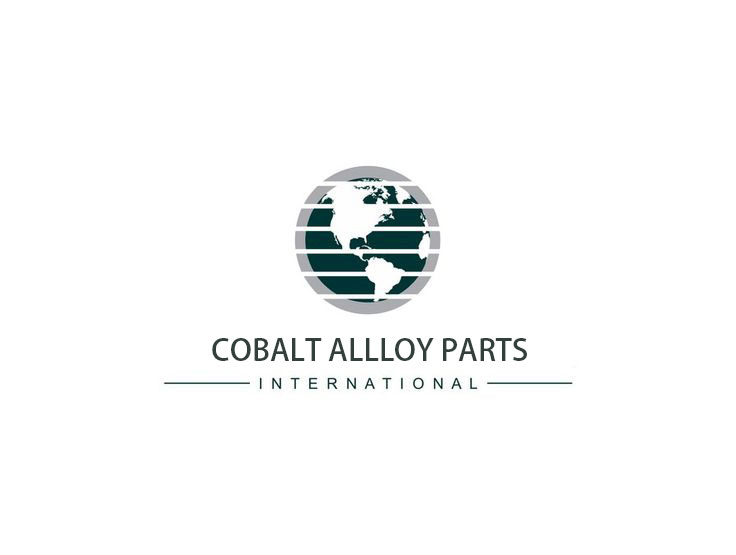
Application fields of cobalt-based alloys
2018-12-11 13:06We have a range of cobalt-chromium and cobalt-based alloys for use in medical, dental, aerospace and industrial applications.
Cobalt-chromium alloy is a cobalt-based alloy with a higher density than stainless steel. It is resistant to corrosion, abrasion and heat. It combines good mechanical properties with excellent tribological properties. Its low carbon content and uniformity of carbide distribution in its microstructure give it a good polishing performance.
This alloy is used in the medical field to make orthopedic prostheses for the knee, hip and spine. Cobalt-chromium alloys have higher hardness than titanium alloys and stainless steels.
This alloy grade is also used in the dental field for the fixation of denture devices (tooth bridges...)
For the above purposes, we recommend the following different forms of cobalt-chromium alloy:
Small diameter bar,
Cobalt-chromium discs of different thicknesses for CAD/CAM.
The discs we offer are made from forged bars. Its uniformity of distribution and fine grain size in its microstructure is an advantage for its use in the manufacture of dental prostheses.
We recommend the metal molybdenum grade (cobalt chrome molybdenum alloy). The cobalt-chromium-molybdenum alloy contains no nickel and antimony elements and has a fine structure. It is obtained by powder metallurgy and can avoid deformation of parts after machining. Another benefit of molybdenum for the manufacture of dental prostheses is that it maintains the stability of the alloy at high temperatures, making it easy to bond to ceramics.
Guideline :
In the medical field, the current two standards:
ASTM F1537 /ISO 5832-12 /ISO 22674 standard for forged products
ASTM F75 / ISO 5832-4 standard for casting products
Mechanical behavior :
Density: Standard value: 8.3 g/cm3
Hardness: Standard value: 36-40 HRC
Modulus of elasticity: > 150000 Mpa
The elastic limit when the strength is Rp 0.2: >517Mpa
Elongation at break: > 20%
Thermal expansion coefficient (CET):
Standard value from 20° to 500°C: 14.1 x 10-6 K-1
Standard value from 20° to 600°C: 14.5 x 10-6 K-1
